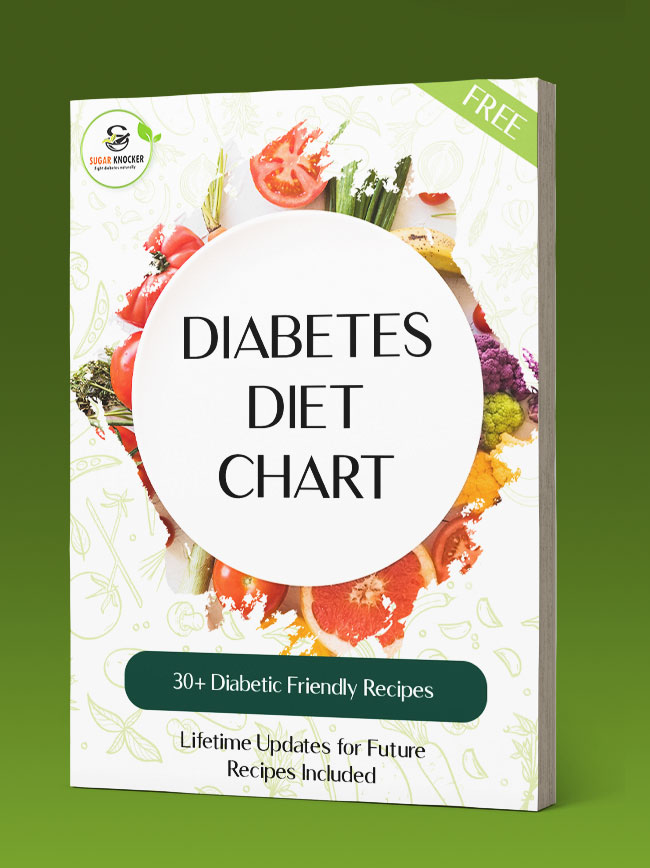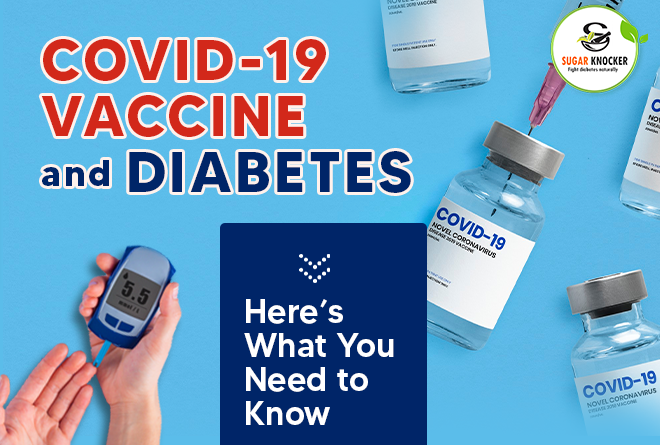
The Covid-19 crisis is an ongoing global concern that was declared a pandemic back on 11 March 2020. As of 2 July 2021, over 182 million cases have been confirmed across the world. Coronavirus is one of the most lethal pandemics in history that has ever hit humankind. The deaths due to the pandemic have mounted over 3.95 million.
Covid-19 symptoms range from unnoticeable to life-threatening. The illness can be severe in elders who suffer from underlying medical conditions. Coronavirus transmits by breathing in contaminated air by droplets and airborne particles. Infected people remain contagious for nearly 20 days and can transmit the virus even without showing any symptoms.
Covid-19 is caused by a virus known as the SARC-CoV-2 virus. This disease has no specific cure or treatment. The treatment, however, includes relieving symptoms, supplying oxygen, fluid therapy, and prone positioning as required. However, a safety measure in the case of coronavirus is vaccination. A coronavirus vaccine provides acquired immunity against the SARC-CoV-2 virus. The coronavirus vaccine is responsible for reducing the severity, spread, and deaths.
Covid-19 and Diabetes: Impact & Effects, Does COVID Affect Blood Sugar Levels?
The World Health Organization has declared coronavirus a health emergency of global concern. In severe cases, the coronavirus can cause kidney failure, infection in the lungs, and even death. Symptoms generally start in 3 to 7 days of being exposed to the virus. In some rare cases, symptoms might even take 14 days to appear.
People of all varying age groups can be affected by the coronavirus, but around 80% of the cases are mild. People with underlying medical conditions like asthma, diabetes, and heart diseases appear to be more vulnerable to get severely affected by the coronavirus. If people with diabetes get infected by the coronavirus, it can get difficult to treat them. People with diabetes can have complications and fluctuations in blood sugar levels that interfere with treatments.
There are two possible reasons for this. First, the coronavirus might thrive in a body with high blood glucose levels. Second, the immune system of people with diabetes often makes it harder for the body to defend itself from the virus, leading to a long period of being sick.
How Does the Covid-19 Vaccine Work?
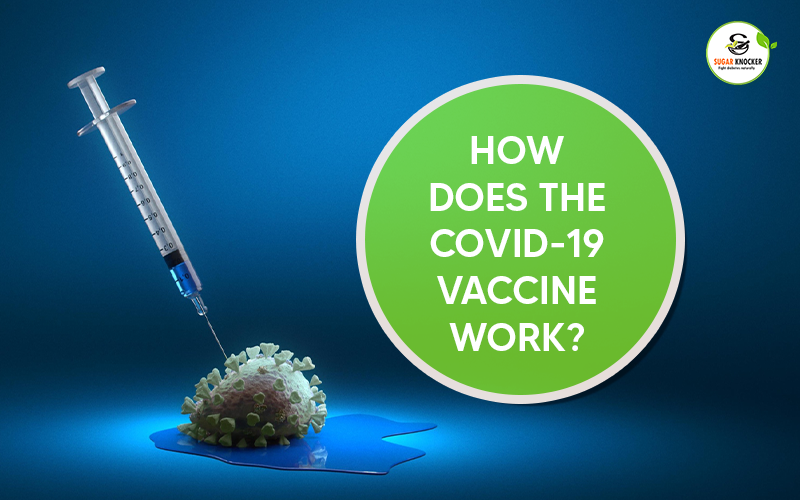
Different vaccines work differently to protect against coronavirus. But, what is familiar with all the vaccines is they provide the body with a supply of memory B-lymphocytes and T-lymphocytes. These memory cells remember to fight against the coronavirus in the future. It takes nearly a few weeks for the vaccine to produce B-lymphocyte and T-lymphocyte cells after vaccination. Therefore, a person might get infected with coronavirus after or before getting vaccinated as the vaccine might not have had sufficient time to provide a protective cover. Sometimes people suffer from post-vaccination symptoms as a part of building immunity. The post-vaccination symptoms are the typical signs of developing immunity. Some common symptoms include fever, body ache, etc.
Some Coronavirus Vaccines require Double Shots
For complete vaccination, you need to take two coronavirus vaccine shots for some vaccines.
- Two Shots: – If you choose a coronavirus vaccine that requires double shots, you can be considered fully vaccinated fourteen days post the second shot. Vaccines that come with two shots include Moderna, Covishield, and Pfizer-BioNTech.
- Single Shot: – If you choose a coronavirus vaccine that requires a single shot, you can be considered fully vaccinated fourteen days post the shot.
Can Diabetes Patient Take Covid Vaccine?
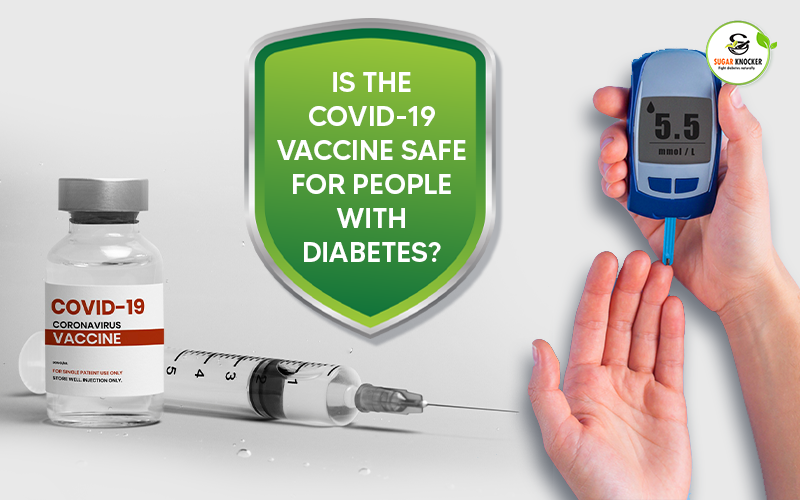
Coronavirus vaccines are safe for people with diabetes, and no adverse effects have come to highlight that should cause botheration. Authorized vaccines like Pfizer-BioNTech, Johnson & Johnson, Covishield, and Moderna appear effective and safe for people with diabetes. Several rigorous trials have been conducted on adults of all races, age groups, chronic health conditions, and ethnicities.
- The Pfizer-BioNtech vaccine trial covered 8.4%, 3150 individuals with diabetes.
- The Johnson & Johnson vaccine trial covered 7.7%, 2289 individuals with type 1 and 2 diabetes.
- The Moderna vaccine trial covered 9.4%, 2858 individuals with gestational diabetes, type 1, and type 2 diabetes.
In terms of ethnic and racial diversity, all the vaccine trials covered almost 10% African Americans, around 5% Asians, and more than 20% Latino volunteers.
The vaccines are advanced and developed using immense resources. Despite a speedy preparation, the manufacturers have followed thorough checks and typical safety steps.
Why Is It More Than Important For People with Diabetes to Take the Covid-19 Vaccine?
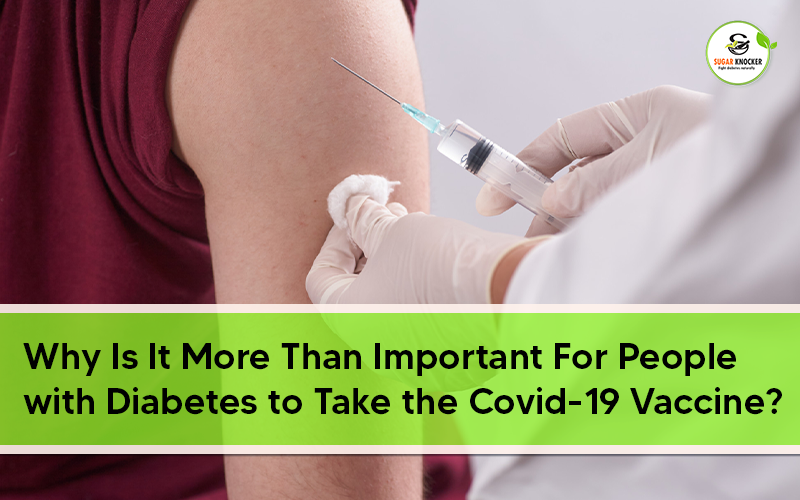
People with diabetes and other underlying conditions like heart diseases and hypertension should take the vaccine shots as soon as possible. The chairman of Dr. A. Ramachandran’s Diabetes Hospitals, A. Ramachandran, states that underlying medical conditions put people at higher risks of contracting coronavirus. He further said that diabetes is an age-related health risk that can intensify coronavirus infection.
It has been estimated that around 80% of deaths during the pandemic have been among patients with comorbidities like heart diseases, diabetes, hypertension, etc. Studies show that out of every 1000 covid-19 patients in Chennai, mortality rate was twice in people with diabetes as compared to those without it. Additionally, complications were much higher in people with diabetes.
As an after-covid recommendation for people with diabetes, people should keep a regular tab on their blood sugar levels, get into moderate exercise, and follow a good diet plan. However, everything must be under the guidance of professional experts.
Conclusively, people with diabetes or any other underlying medical condition should get vaccinated as soon as possible. Early vaccination can keep them protected from contracting coronavirus. However, even after getting vaccinated, you must follow the social distancing norms and preventive measures like wearing masks, washing hands often, etc.
[Also Read: Diabetes and Staying Monsoon-Proof – All You Need to Know]Things people with Diabetes Should Know
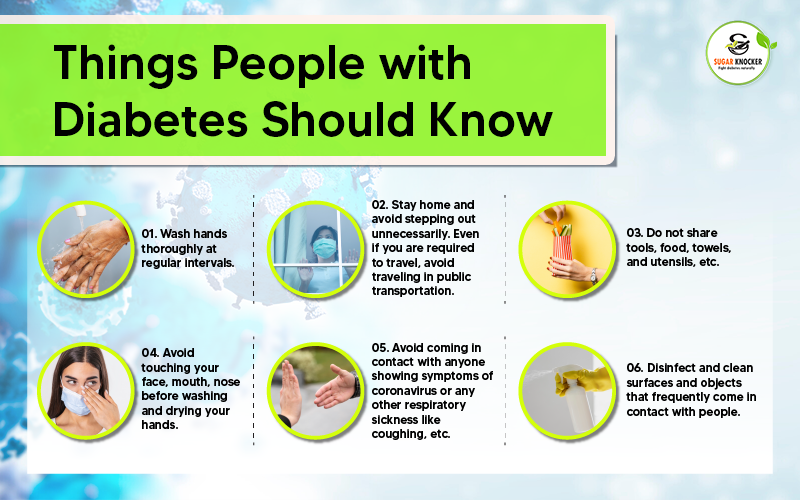
Vaccination for diabetes is essential. However, one must never stop taking precautions to avoid contracting the virus. There are safety measures and recommendations issued to the general public for keeping safe in the time of the pandemic. The suggested safety measures and precaution tips are double crucial for people with diabetes. Let us take a look at some of such precaution measures and tips:-
- Wash hands thoroughly at regular intervals.
- Stay home and avoid stepping out unnecessarily. Even if you are required to travel, avoid traveling in public transportation.
- Do not share tools, food, towels, and utensils, etc.
- Avoid touching your face, mouth, nose before washing and drying your hands.
- Avoid coming in contact with anyone showing symptoms of coronavirus or any other respiratory sickness like coughing, etc.
- Disinfect and clean surfaces and objects that frequently come in contact with people.
- Think, research, and consult experts to make day-to-day changes in your routine that will help you protect yourself from the virus and its adverse effects.
- Use a tissue to cover your nose and mouth while sneezing and coughing, and dispose of the tissue immediately after use.
If you have diabetes and you are getting vaccinated:
- Be prepared with your go-to plan in case you get ill.
- Please keep all your essential contact details close in case you need them.
- Have sufficient sound sleep, avoid overworking, and keep your schedule light.
- If you live alone, make sure to call a caretaker or a friend, or a relative for a few days to help you after your vaccination.
- Pay attention to your blood sugar levels. Monitor it regularly. Keeping a regular check can help you avoid complications caused by low and high blood glucose levels.
- Make sure you have access to sufficient food.
- Make sure you can rectify the situation in case your blood sugar level suddenly drops. After handling the situation, seek immediate professional help.
- Make sure you are stocked with your diabetes medication. Think what would be the requirements. If you ever have to get quarantined for a few weeks, make a list and gather the essentials for emergency use.
How Does Covid-19 Vaccine Affect the Glucose and Blood Sugar Level?
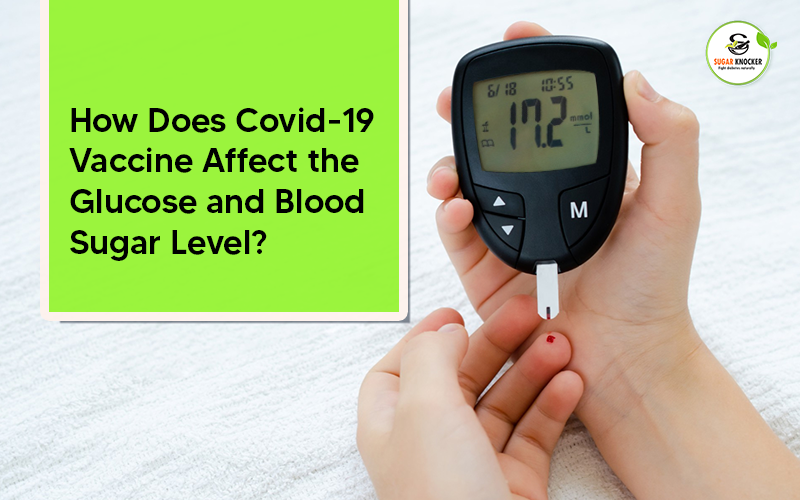
As the covid vaccination for diabetes causes some symptoms of illness and uneasiness, you can experience high blood sugar levels after taking a vaccine shot. However, it is not a matter of concern as fever, body ache, tiredness, etc., are common after-vaccine symptoms. You should regularly monitor your blood sugar levels after taking your covid vaccine for diabetes. Make sure to keep yourself hydrated and do not exert yourself. Take a couple of resting days and keep your sick day plan all set if you feel severely ill. By far, people with diabetes have noted minimal effects on blood glucose levels along with very few side effects, just like people with no diabetic conditions.
Covid-19 Vaccine for Diabetes Type 2 – Which COVID Vaccine For Diabetes Patients in India

Let us explore the different kinds of coronavirus vaccines and compare them.
| Johnson & Johnson | Pfizer-BioNTech | Moderna | |
| Type of vaccine | Viral Vector | mRNA | mRNA |
| Doses required | 1 | 2 (to be taken about 21 days apart) | 2 (to be taken about 28 days apart) |
| How effective is it? | 85% effective against the severity of coronavirus. | 95% effective in preventing infection in individuals without any previous infections. | 94.1% effective in preventing infection in individuals with no history of covid infections. |
| How long until safety? | 14 days after the shot | 14 days after the second shot | 14 days after the second shot |
Type 2 Diabetes and Covid-19 Vaccine Side Effects
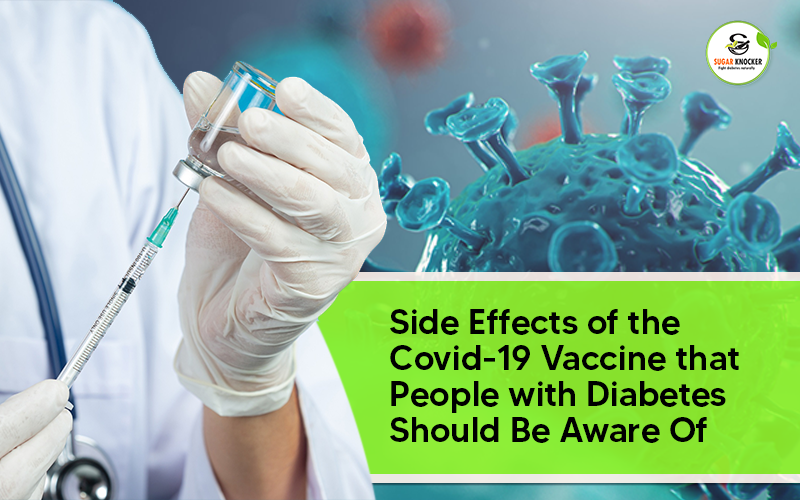
Covid vaccine for diabetics is a topic of concern for people with diabetes and their family members. Generally, there are some common side effects of the coronavirus vaccine in people with diabetes as well. Some of the side effects include fever, headaches, chills, tiredness, reddening of the site of injection, etc. Most of the side effects are mild. However, in rare cases, the side effects might be more severe and interfere with day-to-day activities. Researches and studies state that the side effects of the covid vaccine for diabetes are similar to flu vaccines. If you are someone with diabetes, keeping a first-aid kit for extra medication can help after the shot of covid vaccine for diabetes. Taking a couple of days off from work and resting are two essentials you should follow after taking a vaccine shot. You can extend your rest days if required. Also, regularly monitoring blood sugar levels is another essential after the covid vaccine for diabetics.
Takeaway: Vaccination is Important!
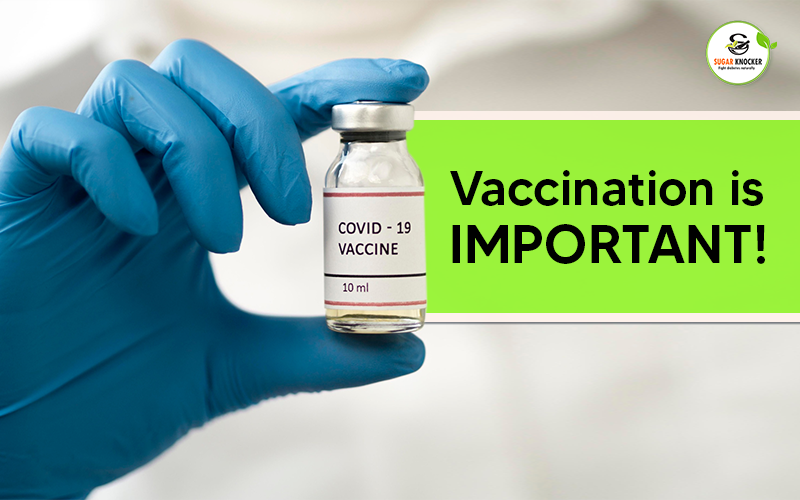
Coronavirus affects people variably. Some people feel fine, some feel sick, and some feel severely sick. Coronavirus vaccine keeps you from attaining the virus and helps your body fight it.
Since the World Health Organization has declared the coronavirus a pandemic, there have been 2.5 million lives affected by the virus across the globe. The pandemic has posed a threat to life with affecting the global economy and the healthcare system to the core.
Coronavirus vaccine is the solution to transition out of this troubling scenario of the pandemic. Scientists believe that attaining natural herd immunity without the help of vaccination would not have been sufficient to get life back to normal. Vaccination has led to reducing fatality rates and severe conditions among patients. Several health organizations are echoing the positive effects of vaccination. In the absence of immunization, strict social distancing measures and behavioral patterns are the only solutions. Luckily, by the start of 2021, numerous vaccines were approved, and roll-outs started across various countries in the world. By March 2021, about 300 million vaccines have been supplied worldwide. These figures offer a sigh of relief and hope to return to our everyday lives.
Conclusion
Conclusively, vaccination for coronavirus is effective for both diabetics and non-diabetics. One should get vaccinated as soon as possible to prevent yourself from contracting the virus. Additionally, make sure to continue following the social distancing norms even after you are completely vaccinated. It is better to take precautions until the virus is eradicated.
